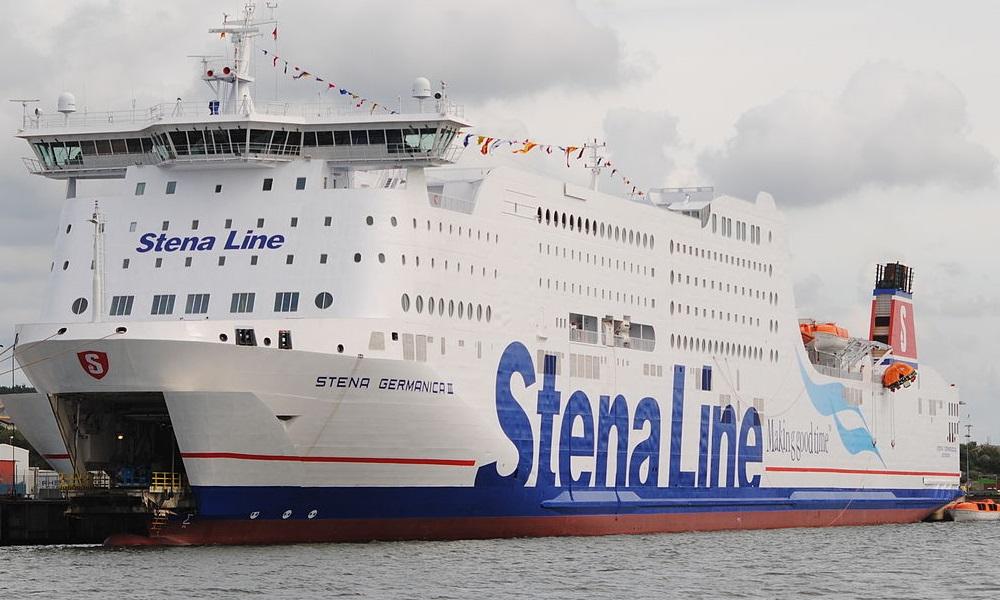On January 23rd, the first methanol ferry in the world, Stena Germanica, was the first non-tanker to complete STS-ship-to-ship methanol bunkering at the Port of Goteborg/Gothenburg (Sweden).
The bunkering was made possible by a number of stakeholders collaborating throughout the process.
Swedish ferry operator Stena Line, the Port of Gothenburg, and Canada-headquartered methanol supplier Methanex Corporation participated in the project.
The methanol was provided by Methanex, while tanker operator E&S carried out the bunkering in practice with its ship Stolt Sandpiper. The aim is to advance methanol as a cleaner burning marine fuel and support the industry’s shift towards decarbonization.
The bunkered vessel was Stena Line’s ro-ro & passenger ship Stena Germanica, which had previously been bunkering methanol solely from trucks.
Maria Tornvall, Head of Sustainability at Stena Line said Stena Germanica, connecting Goteborg with Kiel Germany, had become the world’s first methanol-powered ferry when the line had converted the 240-m vessel in 2015 in partnership with Methanex, Wartsila, Port Goteborg and Port Kiel.
"We welcome ship to ship bunkering as a tool to achieve a stable and efficient supply chain for methanol which is critical in Stena Line’s shift to alternative fuels and to retain our position as a leader in sustainable shipping.”
According to Christoffer Lillhage, Senior Business Development Manager Energy at the Gothenburg Port Authority, that was a door-opening demonstration, proving that there was a feasible way to handle ship-to-ship methanol bunkering.

Port Goteborg has a long history of advocating/facilitating alternative fuels in the transition to green shipping. A mix of alternative fuels is required, and methanol is the key component.